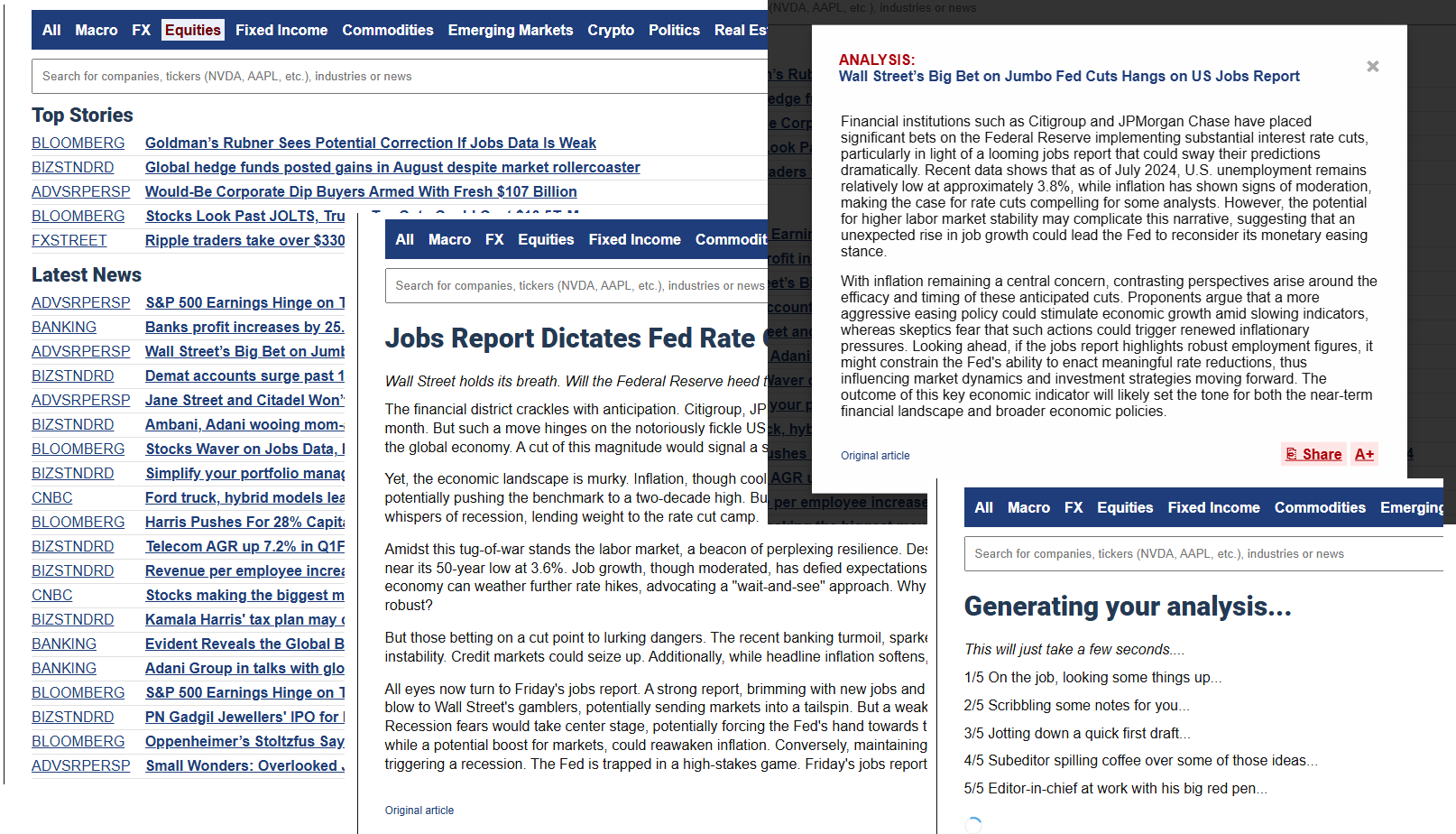Global Economic Geopolitical Turmoil Revealed
The latest data and headlines paint a tumultuous landscape in global economic performance and geopolitical stability. A working paper by the Economic Advisory Council to the Prime Minister (EAC-PM) highlights a concerning trend for West Bengal, a state whose economic influence has drastically diminished over the decades. Once a significant contributor to India's national GDP, West Bengal's share has plummeted from 10.5% in 1960-61 to just 5.6% in 2023-24. This decline underscores persistent regional developmental challenges, with other eastern states like Odisha showing marked improvements, reflecting a polarized economic environment where some states thrive while others stagnate or regress. West Bengal's plight exemplifies how political and economic inefficiencies can severely hinder regional growth. Bihar, though relatively stabilized, remains significantly behind more prosperous states and requires rapid growth to narrow the gap.
In a contrasting economic struggle, Elon Musk's acquisition of Twitter has faced significant challenges, resulting in underperformance that has led banks involved in financing the purchase to issue pay cuts. This financial distress highlights the risks associated with high-stake tech acquisitions in volatile economic climates. The reluctance of advertisers and the platform's difficulty in retaining users and generating revenue have saddled banks with hung loans, adversely affecting their balance sheets. Musk's Twitter debacle provides a cautionary tale for investors, emphasizing the precarious nature of ambitious financial maneuvers in unpredictable markets.
On the geopolitical front, Ukraine's ongoing conflict with Russia highlights the complexities of rapid military mobilization and its consequences for national security. As Ukraine presses its incursion into Russia's Kursk region, it continues to lose critical territory in the east. Commanders attribute this not merely to Russian military superiority but also to inadequacies among recently mobilized recruits. Reports of recruits refusing to engage the enemy and struggling with basic combat tasks have resulted in significant setbacks, underscoring the challenges of effective military training under duress. This scenario reflects broader issues in military readiness and the risks of hastily scaling up forces in response to emergent threats.
The economic distress in West Bengal, coupled with internal inefficiencies, mirrors the disarray seen in other spheres like Musk's troubled Twitter takeover and Ukraine's military struggles. West Bengal's decline is not only a local concern but a potential destabilizer for India's broader economic ambitions. The rise of states like Odisha showcases alternative developmental strategies that merit close examination. Similarly, Musk's acquisition strategy underscores the risks of leveraging extensive financial support for uncertain ventures, particularly in markets that react unpredictably to drastic changes. The financial repercussions felt by the supporting banks underline the interconnectedness of global financial systems and their susceptibility to high-risk economic experiments.
Ukraine's revelations about military unpreparedness provide a sobering view of how inadequately executed strategies can falter, significantly impacting regional security and international alliances. The evident lack of readiness among recruits emphasizes the critical importance of preparation, as the success of military operations often hinges on the fundamental capability of the forces involved.
These diverse issues underscore a common thread of systemic inefficiencies impacting regions and sectors globally. Be it economic policies in West Bengal, financial missteps in high-tech acquisitions, or military preparedness in Ukraine, the need for robust, strategic, and well-implemented frameworks is clear. Each scenario demands a re-evaluation of strategies and a commitment to long-term planning, with a keen understanding of the unique circumstances driving these challenges.
West Bengal's economic trajectory raises questions about policy effectiveness and political will in addressing deep-seated developmental issues. The comparative rise of Odisha presents alternative developmental strategies worth examining. Amidst this, Musk's Twitter acquisition illuminates the risks of leveraging substantial financial support for ventures in unpredictable markets. The financial strains on supporting banks underscore the interconnectedness of global financial systems and their vulnerability to isolated economic experiments.
Ukraine's military struggles highlight the dire consequences of inadequate preparation and the importance of systematic training, pointing to broader implications for national security and international stability. The lack of coordination and readiness among recruits illustrates how minor yet vital aspects of preparation can lead to a stark reality: the fine line between strategic victory and defeat.
As these issues unfold, stakeholders across governmental, financial, and military sectors must reassess and recalibrate their approaches. The interconnected nature of these sectors suggests that failures in one sphere can quickly spread risk and instability across borders and industries. Addressing core inefficiencies and fostering adaptable, resilient systems is essential to mitigate widespread ramifications. The global community stands at a crossroads, where lessons from West Bengal, Musk's business maneuvers, and Ukraine's military experiences can inform a more stable and strategic future for economic and geopolitical endeavors alike.
In conclusion, the convergence of economic decline in regions like West Bengal, financial instability from high-stake business ventures such as Musk's Twitter acquisition, and battlefield inefficiencies in Ukraine presents interconnected challenges. Addressing these requires a comprehensive understanding of the factors driving these issues. Resilient policies, strategic planning, and effective execution are paramount to navigating the complexities of today's global landscape. As these narratives evolve, they offer crucial insights into the multifaceted nature of economic and geopolitical stability, shaping a more informed and prepared global community.
AI-Powered trading insights: join our email list
Real-Time Market Analysis
Get instant insights on market trends, news impact, and trading opportunities.

